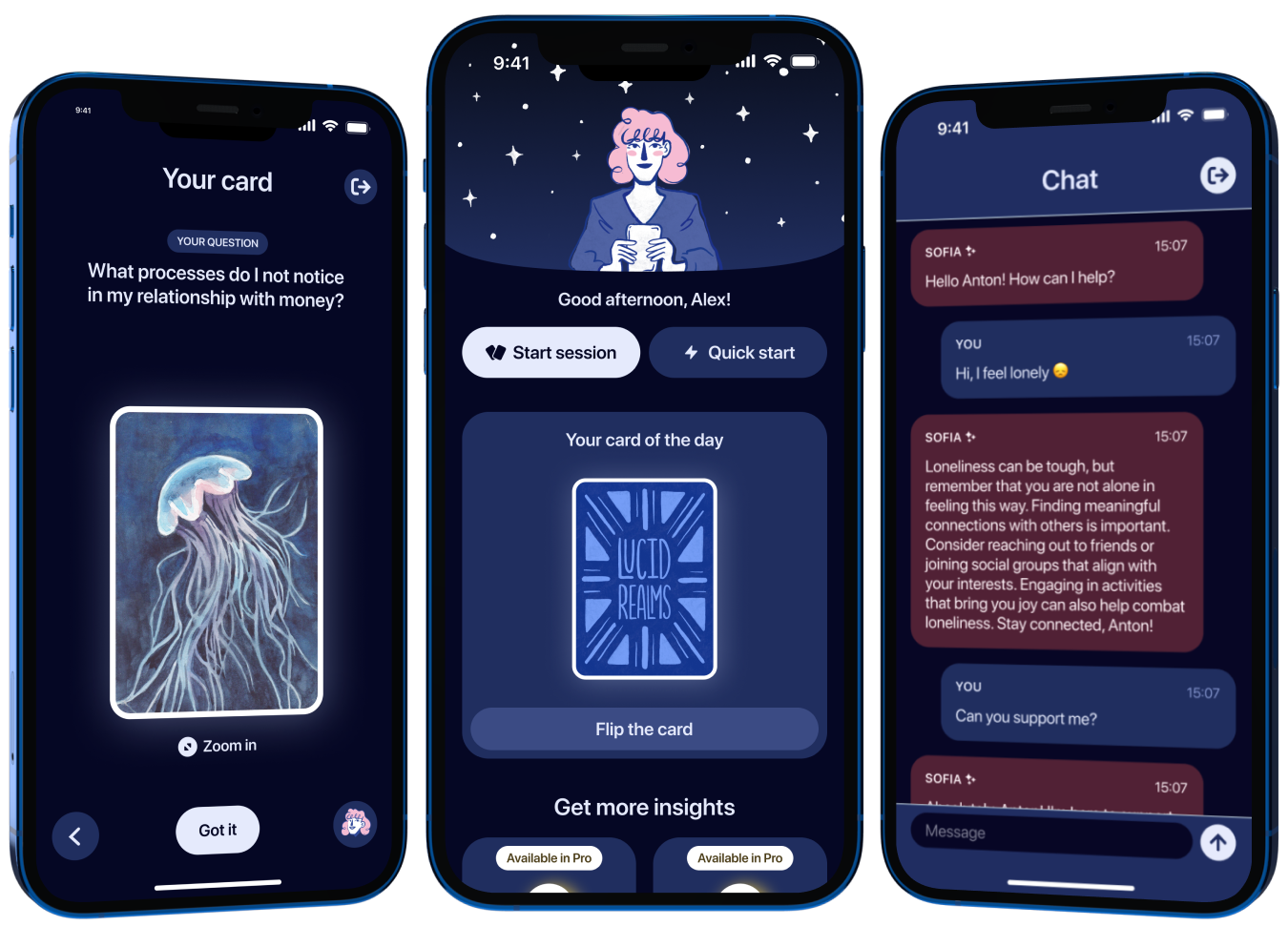We use cookies to give you a tasty experience!
Cookie Settings
We use cookies and data to:
Deliver an excellent service
Track outages and issues
Protect against spam, fraud and abuse
Measure site statistics to enhance the quality of our services
By continuing to browse our site, you’re agreeing to our use of cookies.
Deliver an excellent service
Track outages and issues
Protect against spam, fraud and abuse
Measure site statistics to enhance the quality of our services
By continuing to browse our site, you’re agreeing to our use of cookies.
Sleep Disorders: What Are They and How Are They Treated?
Sleep disorders are a group of conditions that disrupt your normal sleep patterns. They can cause problems such as difficulty falling asleep, staying asleep, or getting enough restful sleep.
There are many different types of sleep disorders, including:
The causes of sleep disorders vary depending on the type of disorder. Some sleep disorders are caused by medical conditions, such as sleep apnea or restless legs syndrome. Other sleep disorders are caused by lifestyle factors, such as stress, anxiety, or caffeine use.
The treatment for sleep disorders also varies depending on the type of disorder. Some sleep disorders can be treated with medication, while others can be treated with lifestyle changes. In some cases, a combination of medication and lifestyle changes may be necessary.
If you are experiencing problems sleeping, it is important to talk to your doctor. They can help you to determine the cause of your sleep problems and recommend the best treatment.
There are many different types of sleep disorders, including:
- Insomnia: This is the most common sleep disorder. It is characterized by difficulty falling asleep, staying asleep, or getting enough restful sleep.
- Narcolepsy: This is a rare sleep disorder that is characterized by excessive daytime sleepiness. People with narcolepsy may also experience sudden muscle weakness, called cataplexy.
- Restless legs syndrome (RLS): This is a neurological disorder that causes an uncontrollable urge to move the legs. RLS can make it difficult to fall asleep and stay asleep.
- Sleep apnea: This is a sleep disorder that is characterized by pauses in breathing during sleep. Sleep apnea can cause daytime sleepiness, difficulty concentrating, and other problems.
- Parasomnias: These are sleep disorders that involve abnormal behaviors or experiences during sleep. Parasomnias can include sleepwalking, night terrors, and nightmares.
The causes of sleep disorders vary depending on the type of disorder. Some sleep disorders are caused by medical conditions, such as sleep apnea or restless legs syndrome. Other sleep disorders are caused by lifestyle factors, such as stress, anxiety, or caffeine use.
The treatment for sleep disorders also varies depending on the type of disorder. Some sleep disorders can be treated with medication, while others can be treated with lifestyle changes. In some cases, a combination of medication and lifestyle changes may be necessary.
If you are experiencing problems sleeping, it is important to talk to your doctor. They can help you to determine the cause of your sleep problems and recommend the best treatment.
Here are some tips for getting a good night's sleep:
- Stick to a regular sleep schedule. Go to bed and wake up at the same time each day, even on weekends.
- Create a relaxing bedtime routine. This could include taking a warm bath, reading a book, or listening to calming music.
- Make sure your bedroom is dark, quiet, and cool. These conditions are ideal for sleep.
- Avoid caffeine and alcohol before bed. These substances can interfere with sleep.
- Get regular exercise. Exercise can help you to sleep better at night.
- See a doctor if you have trouble sleeping. There may be an underlying medical condition that is causing your sleep problems.
Remember, sleep is important for your health and well-being. If you are not getting enough sleep, it can affect your mood, energy levels, and ability to think clearly. Talk to your doctor if you are having trouble sleeping so that they can help you get the rest you need.





